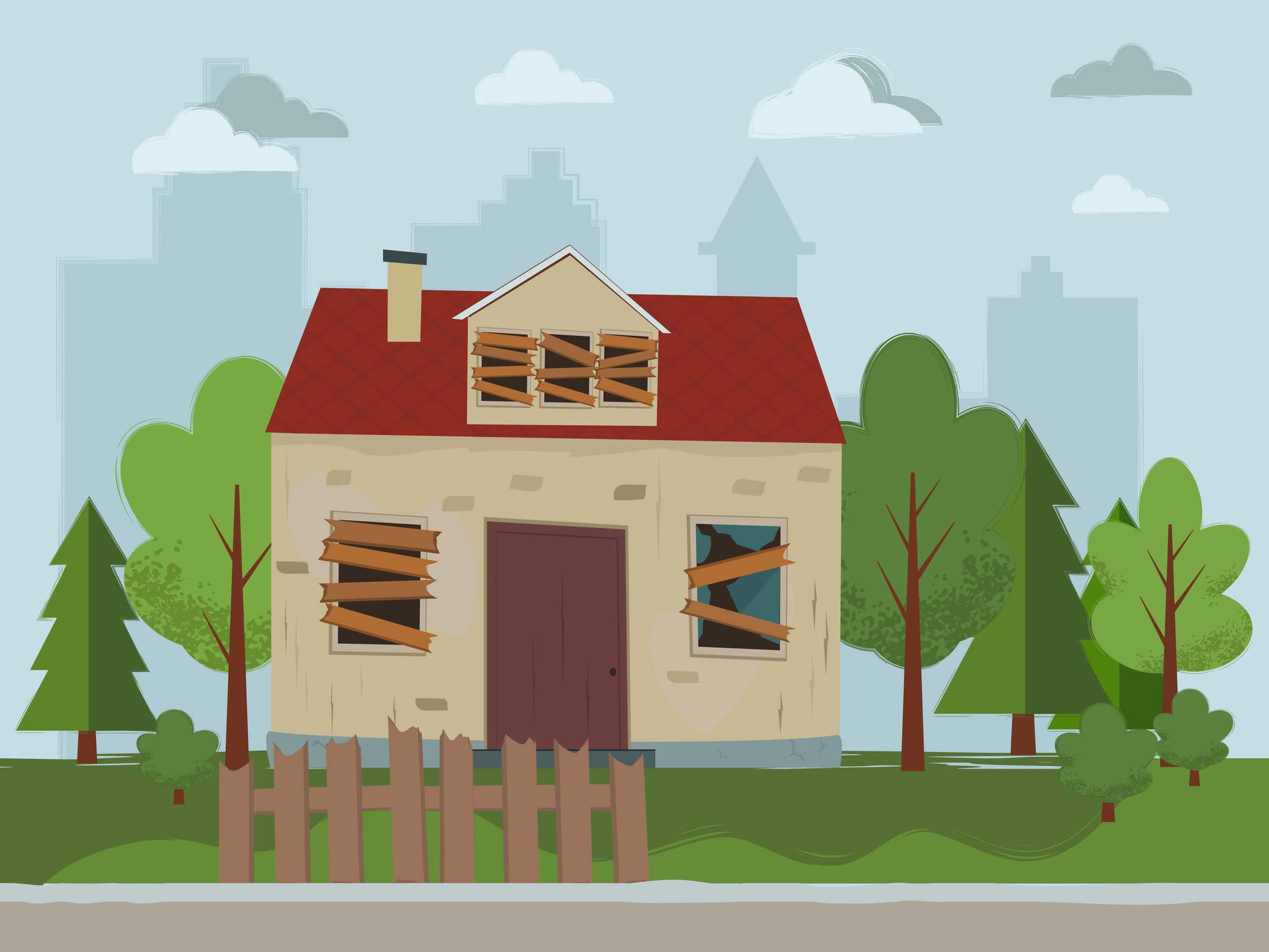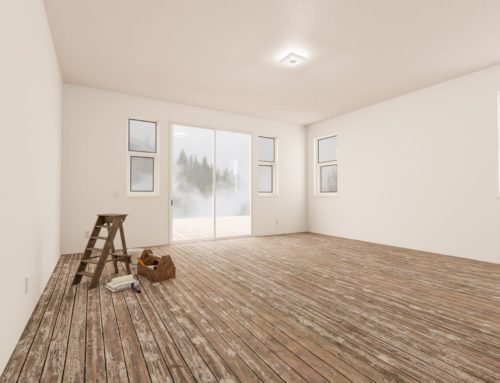How can you tell if a house is worth investing in, and avoid buying a house in poor condition? It might feel like common sense, but in some cases, there might be hidden factors that you cannot see that would undermine the price that you intend to pay for the property. This can be devastating if it happens to you. The last thing you want is to invest your time, money, and effort into buying a property you think is a good fit, only to learn that it is in poorer condition than you realized.
When you buy a house, you will have a professional inspection completed. This will help you to better understand the condition of the property and protect you from any surprises before you make an offer.
It is important to know what to look for in a house, how to tell if a house is overpriced, and the mistakes to avoid when buying a house. To help you on your journey, here is everything you need to know to avoid buying a house in poor condition.
What to Look for When Buying a House
When buying a house, it is important to know what to look for. This will impact the offer that you make, so you can ensure that the property is not overpriced and you make an offer that is fair and relevant to the condition of the property. If the property is in poor condition, you want to know sooner rather than later, as it will impact your decision to purchase the property. You may choose not to buy a house in poor condition, or you can lower the offer to offset the repairs and renovations that you will need to complete. When understanding what to look for when buying a house, you should consider the big picture. This includes major works such as the foundation and structural integrity of the house, in addition to repairs inside the house, condition of appliances, heating and electrical systems, and more. To help you, here are some of the most important things you should look out for.
Interior Walls and Floors
The interior walls of a house will tell you a lot about the condition of the property and will help you avoid buying a house in poor condition. Check every wall in the house upon entering the property. You may want to view the property several times to help you with all these checks. While assessing the walls, you should look out for:
- Signs of damage or stress
- Defective plaster
- Separating joints
- Cracks
- Warps
- Mold and dampness
The same goes for the flooring. You should check for similar characteristics, and even roll a marble across the floor to check for evenness.
Internal and External Water Damage
Water damage is a big telltale sign that the property could be in poor condition. A little might be normal such as condensation, or if there is a reason for it, such as rain coming through a window left open. However, if the water damage looks like it has been there a while, or is in a place where water could be caused by a bigger issue, such as a leak, then you should learn more about this.
Spend more time checking rooms such as the kitchen and bathroom, and check ceilings and the corners of walls. You can bring a flashlight and a moisture meter, to help you do a more thorough inspection, so you don’t miss anything that could have been painted over. You may also want to check the grading in the backyard, to ensure that water runs away from the house. If it does not, you want to know if they have drainage solutions in place. The basement will be indicative of any flooding problems.
Water damage is important to know early on, as it can lead to bigger issues such as wall damage, or even structural and functional damage to your property, which can be expensive, time-consuming, and in some cases, irreversible.
Electrical System
When inspecting a home to check to see if it is a house that you should avoid buying, you will want to thoroughly check the electrical system. This can be extremely costly to resolve if there are any ongoing issues, so you will want to discover these as early on as possible. Make sure you go around the house and check all the wires, sockets, and fixtures. You can also:
- Use a plug-in night light and turn every switch on and off
- Check the polarity with a meter
- Look for extension cords and multiple plugs in sockets (this could mean insufficient or poorly placed sockets)
- Check every appliance to be sure it works well (especially if they are included in the sale)
Look for Evidence of Pests
Termites, ants, and other pests can be common, but if they are problematic, then it can impact the condition of the home, and may well be a home that you want to avoid buying. You should check around all entrances and windows to see if there is any evidence of pests. Check for any chewed wires, damage to pipes, or nests built into the foundations.
Check the Overall Condition
The overall condition of the property is important. While you might see that there are just a few things that need updating, you will want to consider how many problems there are. In some cases, they might be easy and cheap to fix. Make sure you avoid the mistake of buying a house in poor condition. When buying a house, you should consider the overall condition and how much work it is going to take you. Here are a few more things that you should check, to ensure you are not making an offer on an overpriced house:
- Listen out for squeaking or sticking
- Check every door and window works (including any external doors such as a garage or shed)
- Check the floors and walls of the garage and basement
- Check for any settling or shifting on the property exterior (including the chimney, front stoop, hatchway, driveway, etc.)
- Check the decking for sturdiness and rotted wood
- Check the foundations of the property
How to Avoid Buying a House in Poor Condition
When knowing what to look for in a house, so that you can avoid buying a house in poor condition, you should always conduct a thorough review of the property, and get a professional opinion. You should always insist on a written report detailing the condition of the property and everything wrong, so you can see for yourself what work may need doing. This is the important paperwork that will be provided to you in the seller’s disclosures. At this point, you can speak to a contractor to find out the cost and value of the issues that will need repairing.
If you are happy with the condition of the property and you want to move forward with buying the house, then you will want to hire a reputable inspector before settlement. Make sure they are thorough and will get into the crawl space, climb to the roof, and poke around in every corner of the attic. Make sure you get a detailed inspection of the gas, electric, and plumbing systems, too.
To make sure a home is in tip-top shape before making an offer, speak to your local real estate agent for support. Give us a call today for more information about how you can find the home of your dreams.






